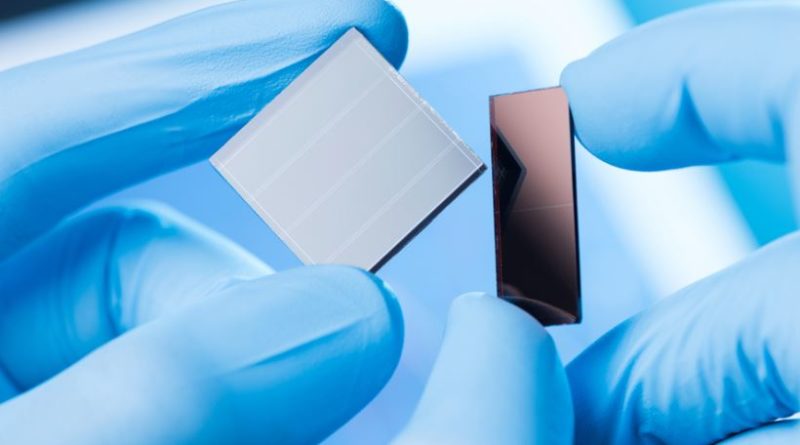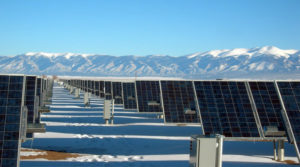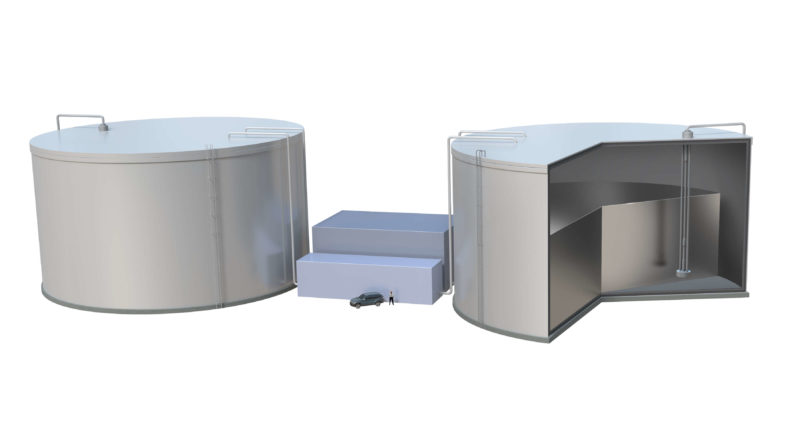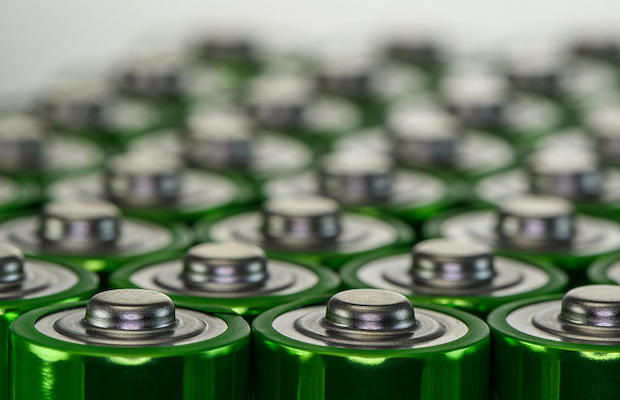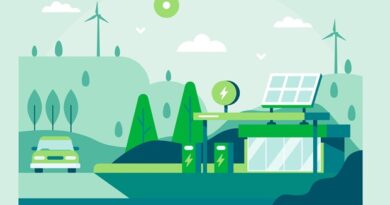Coffee Can Boost Perovskite Solar Cells’ Efficiency
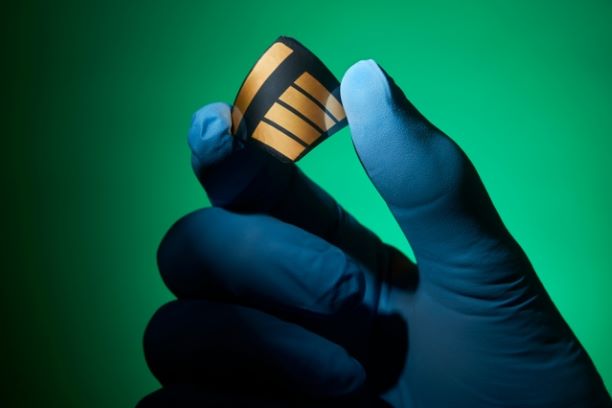
The latest research which began as a cafeteria joke over morning coffee led to this unusual solution. A team of scientists at the University of California, Los Angeles have discovered that caffeine can be a promising alternative to make Perovskite solar cells more efficient at converting light to electricity. “One day, as we were discussing perovskite solar cells, our colleague said, ‘If we need coffee to boost our energy then what about perovskites? Would they need coffee to perform better?’” recalled Jingjing Xue.
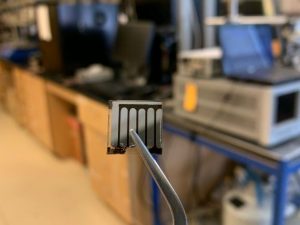
- Caffeine enhances both thermal stability and efficiency
- The stabilized power conversion efficiency of 19.8% was realized
- Thermally stable solar cells at 85°C for over 1,300 h were achieved
The research was led by U.C.L.A. engineers Yang Yang, Rui Wang and Jingjing Xue. Yang’s lab has been trying to improve the lifespan of a promising but unstable type of solar panel, made from a material called perovskite, by lacing panels with certain stabilizing compounds. “We needed some kind of molecule with lone electron pairs,” Yang says. Such isolated duos of electrons at a molecule’s edge (a feature caffeine actually has) could interact with or bind to other materials like perovskite.
And they found just that in Caffeine. Caffeine in coffee is an alkaloid compound containing molecular structures that could interact with the precursors of perovskite materials -compounds with a particular crystal structure that forms the light-harvesting layer in a class of solar cells. Researchers added caffeine to the perovskite layer of forty solar cells and used infrared spectroscopy (which uses infrared radiation to identify chemical compounds). They observed that the carbonyl groups (a carbon atom double bonded to an oxygen) in caffeine interacted with lead ions in the layer to create a “molecular lock”.
This interaction increased the minimum amount of energy required for the perovskite film to react, boosting the solar cell efficiency from 17% to over 20%. The molecular lock continued to occur when the material was heated, which could help prevent heat from breaking down the layer.
“We were surprised by the results. During our first try incorporating caffeine, our perovskite solar cells already reached almost the highest efficiency we achieved in the paper,” said Rui Wang, one of the lead researchers of the study which was published in the Journal of Joule.
But the researchers do add that unique molecular structure of caffeine only allows it to interact with perovskite precursors. Therefore, they do not think it will be useful for other types of solar cells. Perovskite solar cells already have the advantage of being cheaper and more flexible than their silicon counterparts.
They are also easier to manufacture – perovskite cells can be fabricated from solution-based precursors as opposed to solid crystal ingots. With further research, Wang believes caffeine may facilitate large-scale production of perovskite solar cells.
Published with permission from Saur Energy

